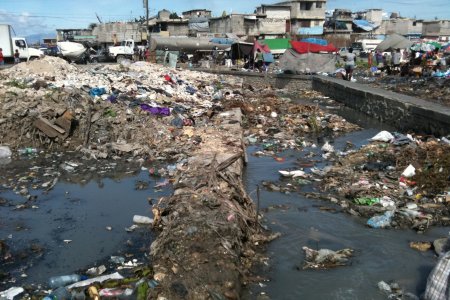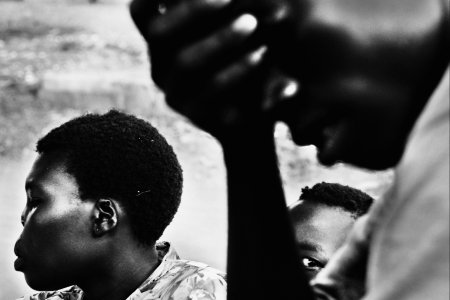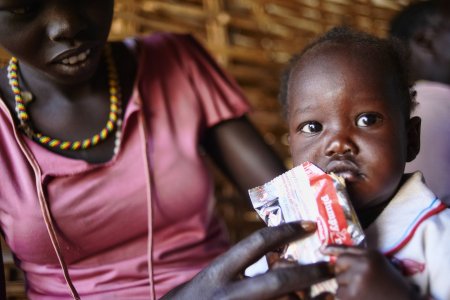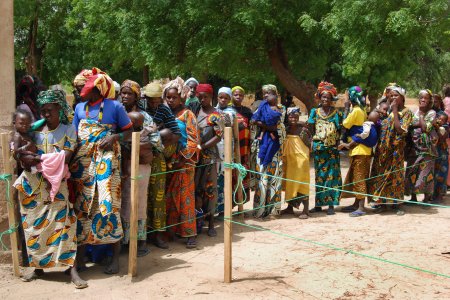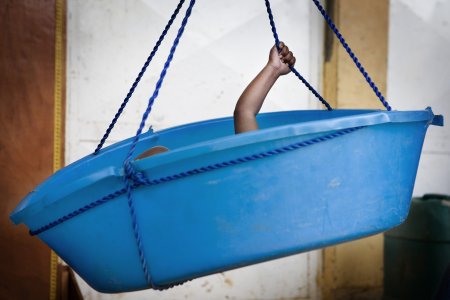Providing care for individuals, responding to disasters
What are the challenges, limitations, constraints, paradoxes and potential breakthroughs of humanitarian medicine, which specialises in treating marginalised and deprived populations affected by crises? Deconstructing a number of “healthcare utopias,” the studies contained in this volume review the history of global health innovations to which MSF has contributed. They also explore the current state of knowledge, practices and concerns relating to certain focus areas, such as nutrition, AIDS, water supply, food aid, reconstructive surgery, epidemic response, surveillance and disaster epidemiology.
The origin of cholera in Haiti: the culprit has been found!
Two scientific studies published last year confirmed the origin of the cholera epidemic that struck Haiti in October 2010. It was indeed caused by massive amounts of the bacterium Vibrio cholerae in the Artibonite river delta, originating from the sewage in the Minustah soldiers' camp.
Follow-up to "Wartime rapes: men, too"
In "Wartime rapes: men, too", I discussed an article, "The rape of men", by Will Storr published in The Observer on 17 July 2011.
Wartime rapes: men, too
Since the beginning of the 2000s, a number of English-language researchers have regularly asked the following question: why do international aid organisations pay so little attention to rapes of men and boys committed during armed conflicts?
If you have to starve to death, better to do it in a war-torn country
For the past several months, news about food shortages and famines affecting large segments of the East African population have been fueling donation appeals from major public and private aid organizations.
Feeding malnourished children: not so simple!
Using Niger as an example, this text seeks to explore the dilemmas involved in medical responses to child malnutrition when such malnutrition is endemic (strong, permanent presence) and gives rise to seasonal peaks (epidemics) each year.
Missing : malnourished children in Ethiopia
In 2008, Southern Ethiopia was the epicentre of a vast nutritional intervention: more than 100,000 malnourished children received assistance from a mix of actors including both international actors and local health facilities.
Prophylactic holiday in Mexico?
Influenza A H1N1 is turning into a pandemic. What will the number of cases be, what groups will be the most affected, how virulent will the virus be, and how long will it last?

